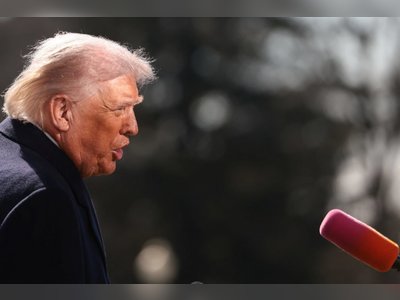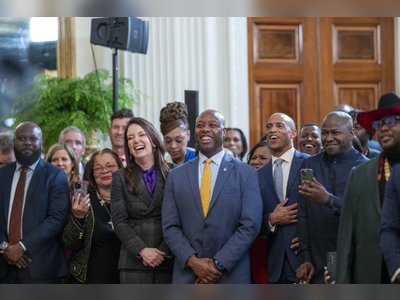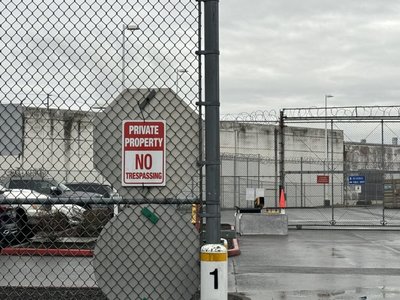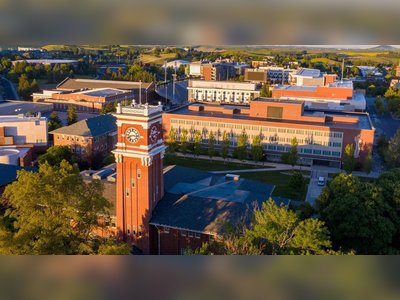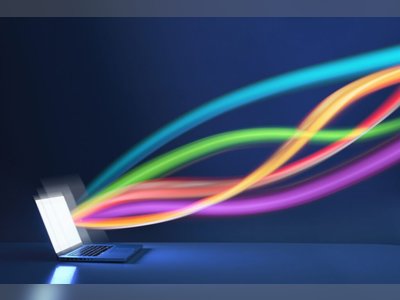AI Researchers at Google Awarded Nobel Prizes: A New Debate in Science
Several AI pioneers linked with Google have been awarded Nobel prizes in chemistry and physics, sparking debate about the company's influence in AI research and the Nobel prize criteria. Google's Demis Hassabis and John Jumper, along with David Baker, received the chemistry prize, while Geoffrey Hinton and John Hopfield were recognized in physics. The recognition of AI achievements raises questions about adapting traditional Nobel categories, and Google's impact on research is being scrutinized amid regulatory challenges.
This week, the Nobel prizes in chemistry and physics were awarded to several AI pioneers associated with Google, igniting conversations about the company's dominance in research and the recognition of breakthroughs in computer science.
Demis Hassabis and John Jumper of Google's DeepMind received the chemistry Nobel, joined by US biochemist David Baker, for decoding microscopic protein structures.
Geoffrey Hinton, a former Google researcher, was honored with the physics Nobel alongside US scientist John Hopfield for foundational work in machine learning.
The awards have prompted debate about the Nobel prize categories, traditionally limited to fields established by Alfred Nobel and later expanded to include economics.
Critics argue the Nobel committee is adapting creatively to include AI advancements, although the lack of mathematics or computer science categories may distort recognition.
Meanwhile, Google's influence in AI research is scrutinized amidst regulatory pressures for potential business restructuring.
Hinton has expressed concerns about AI and left Google in 2023 to discuss its dangers freely, indicating a complex landscape for technological and academic pursuits.
Demis Hassabis and John Jumper of Google's DeepMind received the chemistry Nobel, joined by US biochemist David Baker, for decoding microscopic protein structures.
Geoffrey Hinton, a former Google researcher, was honored with the physics Nobel alongside US scientist John Hopfield for foundational work in machine learning.
The awards have prompted debate about the Nobel prize categories, traditionally limited to fields established by Alfred Nobel and later expanded to include economics.
Critics argue the Nobel committee is adapting creatively to include AI advancements, although the lack of mathematics or computer science categories may distort recognition.
Meanwhile, Google's influence in AI research is scrutinized amidst regulatory pressures for potential business restructuring.
Hinton has expressed concerns about AI and left Google in 2023 to discuss its dangers freely, indicating a complex landscape for technological and academic pursuits.





